We are Adélaïde Charlier and Anuna De Wever. Two climate activists that launched the youth for climate movement in Belgium, and now interns in the Greens/EFA Group in the European Parliament. We are writing about what we have learned about the European Green Deal, including discussions with policymakers, politicians and activists.

COVID-19 poster © CC0 Martin Sanchez
Read Issue 1: All About the Climate Law here.
Read Issue 2: Responding to a Crisis: Climate and Corona here.
Read Issue 3: Will COVID-19 Destroy or Empower the European Green Deal here
Read Issue 4: Financing the Green Deal here
Read Issue 5: The EU Recovery Plan here
Read Issue 6: The Mercosur Trade Agreement: A Lose-Lose Deal here
Read Issue 7: Farm to Fork Strategy here
Read Issue 8: The European Climate Targets by 2030 here
Contents
- Introduction to Blog on COVID-19
- The current situation
- The delayed initiatives of the European Green Deal
- Using corona crisis as a catalyst for climate action
Facing the coronavirus, governments all around the world took extreme measures to cancel sports seasons, shut down workplaces, restrict physical movement and ask everyone to stay home. These measures are understandable and necessary facing the situation. We are facing a global health crisis. People are dying. So, we have to do anything we can to protect as many people as possible.
But there is a certain danger lying underneath these extreme actions. Our economy is collapsing, and it is possible that Member States will use this economic loss as an excuse to back out of their promised climate ambitions.
This new crisis might be a make it or break it moment, and it is crucial we don’t return to business as usual afterwards. Let’s not forget that going back to normal is going back to a climate emergency. Going back to normal, means going back to children protesting in the streets for a future. It means going back to a fossil fuel addicted economy, to an unequal world and to a human rights crisis.
Please note that we are not underestimating the health crisis happening today, we would just like to remind you that sadly, it is not the only one… and there are still ways to prevent future disasters, like Corona.
It was not easy to get all 27 EU countries to sign the European Green Deal in December 2019. Today, we have to be careful and make sure that the countries who already had a hard time supporting the European Green Deal, do not use the corona crisis to slow down or even stop their climate ambition.
The current situation
Will the European Green Deal be at the core of a post-corona relaunch of the economy? This question is at the heart of intense debate within the EU. Some of the 27 members strongly believe that the Commission should help Europe respect its climate objectives during the post corona era, because they believe the European Green Deal is the roadmap out of this crisis and that the European Green Deal goals should not be put on hold or slowed down.
But unfortunately, this is not the vision of all countries… like ours, Belgium that is not seeing the post corona as an opportunity to change our economy and reach our federal climate goals.
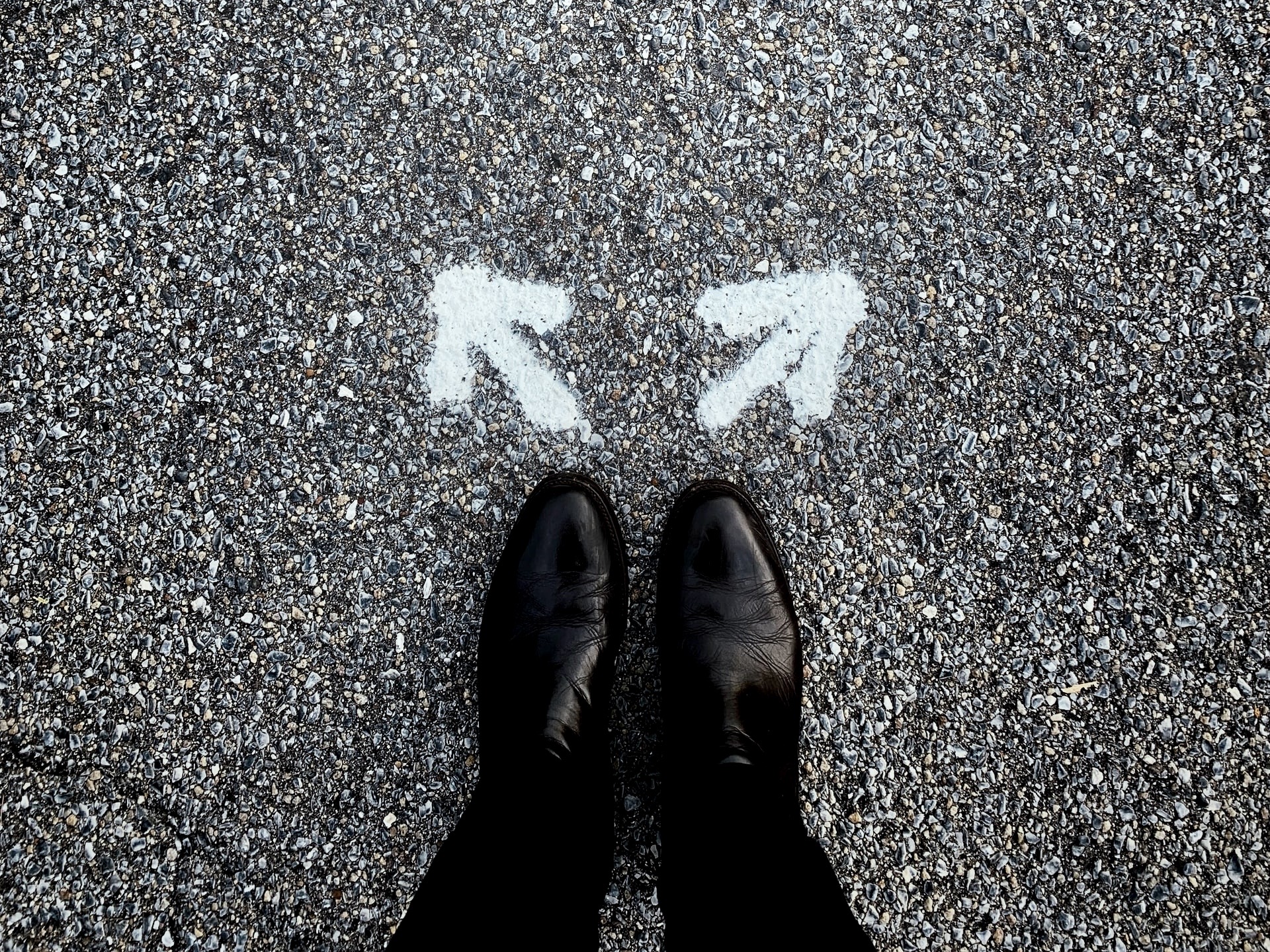
Choice © CC0 Jon Tyson
Led by Denmark, ten Member States signed a call to respond to the economic crisis as well as transforming Europe into a zero-carbon continent with a sustainable economy. It is a call to warn the EU of finding short-term solutions that will only increase our dependency on fossil fuels. Sweden, the Netherlands, Italy, Spain, Austria, Denmark, Finland, Portugal, Latvia and Luxembourg, urged the European Union to adopt a “green” recovery plan, as fears grow that the economic hit caused by the coronavirus pandemic could weaken action on climate change. Our home country, Belgium, is one of the Members State that did not sign the call, which is unacceptable from a wealthy country in the heart of Europe that should be leading the transition. Let’s make sure those countries keep their engagement during post corona.
Opportunities for climate action are blocked
Focus through camera lens © CC0 Paul Skorupskas
- In a press conference held by the European Commission it became clear that due to the corona crisis, non – essential initiatives might be delayed.
- Also, some Member States and European leaders are speaking out about delaying the European Green Deal. For example, Czech Prime Minister Andrej Babiš said that the EU Green Deal should be scrapped in order to focus on the coronavirus.
- Apart from this, the media is also leaving no space whatsoever to talk about climate change. Raising awareness right now is very hard and all climate movements can barely do any actions anymore.
But, there is also good news; António Guterres (the United Nations Secretary-General) was speaking on 10 March at the launch of the World Meteorological Organisation’s latest annual State of the Climate report and he said it is important not to minimise the impact of the virus: “Many thousands could indeed die. But it will pass by. And if we allow it to distract us from the climate change issue, however, the entire present and future population of the world may be in peril.”
Other Member States and European leaders like Austria’s Federal Minister for Climate Action, Leonore Gewessler and Commissioner Frans Timmermans also stressed the urgency of continued fast and efficient action on climate change.
The delayed initiatives of the European Green Deal
Hand holding a time piece © CC0 Pierre Bamin
It seems like the Commission wants to keep the European Green Deal on track. Ursula von der Leyen said on 28 April the Green Deal will be “our motor for the recovery.” We now have to make sure that these words translate into actions. We will keep an eye on this.
Although climate policies remain broadly on track, other initiatives under the European Green Deal are being delayed because they are considered “less essential”. A list of delayed European Green Deal initiatives of the Commission was leaked, and it became clear the European Green Deal will absolutely suffer from the corona crisis.
Several very important and urgent policies face delays, some until 2021. The EU Biodiversity Strategy for 2030 as well as the European Climate Pact will be postponed. This is related to the postponement of COP26 in Glasgow. The ‘Farm to Fork’ Strategy that should also reflect the lessons of the COVID-19 pandemic in relation to food security faces postponement.
Other initiatives that make a huge impact on our CO² levels are likely to be delayed. The New EU Forest Strategy, which is crucial for our carbon budget, as well as the ReFuelEU Aviation initiative are delayed. The latter is possibly related to the fact that the aviation sector is now demanding unconditional taxpayer-funded bailouts amid the global collapse of air travel. Although they have completely refused to contribute to emission reductions measures over the recent years.
Using corona as a catalyst from climate action
So, as a result of COVID-19, there are certainly two types of reactions we already see. Facing a huge economic crisis, some want to rebuild and relaunch the economy as quickly as possible exactly as it was before, completely ignoring the other huge crisis we are facing.
Others, like us, see this as an opportunity to change the world for the better and use this as a catalyst for climate action, wanting to change the current system and develop a new long-term green economy. Using this crisis, an economic collapse could in fact be an opportunity to accelerate the necessary transition towards a carbon-free economy. From that perspective, going back to normal is not an option because ‘normal’ is the problem.
Annika Hedberg, Head of the Sustainable Prosperity for Europe Programme at the European Policy Centre, already pointed out some urgent problems. Due to economic losses already incurred, many stakeholders and sectors may be calling for relaunching economic growth at any price, even at the cost of climate and the environment. That’s why Europe should support people and businesses in the transition, for example by aligning the proposed Multiannual Financial Framework (MMF) of 2021-2027 to the European Green Deal goals.
The MMF is the EU’s long-term budget. It sets the limits for EU spending over a period of seven years. It’s crucial that a large share of the money be spent on rebuilding the economy in a green and sustainable way that leads towards a carbon-neutral Europe.
Also, the European Commission’s Executive Vice-President in charge of the economy, Valdis Dombrovski, said: “We are currently battling the coronavirus outbreak, but we must not lose sight of our long-term sustainability objectives, including making Europe climate-neutral by 2050. Creating a more sustainable and resilient economy will be a key focus of the recovery phase. The renewed strategy will aim to boost green investments by fully integrating climate and environmental risks into the financial system. By placing the European Green Deal at the centre of the recovery program of the EU, we will have learnt something from that crisis.
Also two important initiatives of the Green Deal will stay on course: The Renewed Sustainable Finance Strategy, considered a “key contributor” to the COVID-19 crisis recovery and the 2030 Climate Target Plan, which includes the risk assessment (see previous blog – Responding to a crisis: climate and corona).
So, while we’re at home spending our days in quarantine, let’s think about what kind of world we want to return to. It is important to keep a clear vision of where we want to go and remember that, when Corona is over, we still have a huge battle to fight. Let’s make it worth it, for everyone.
Let’s not forget what the world looked like before.
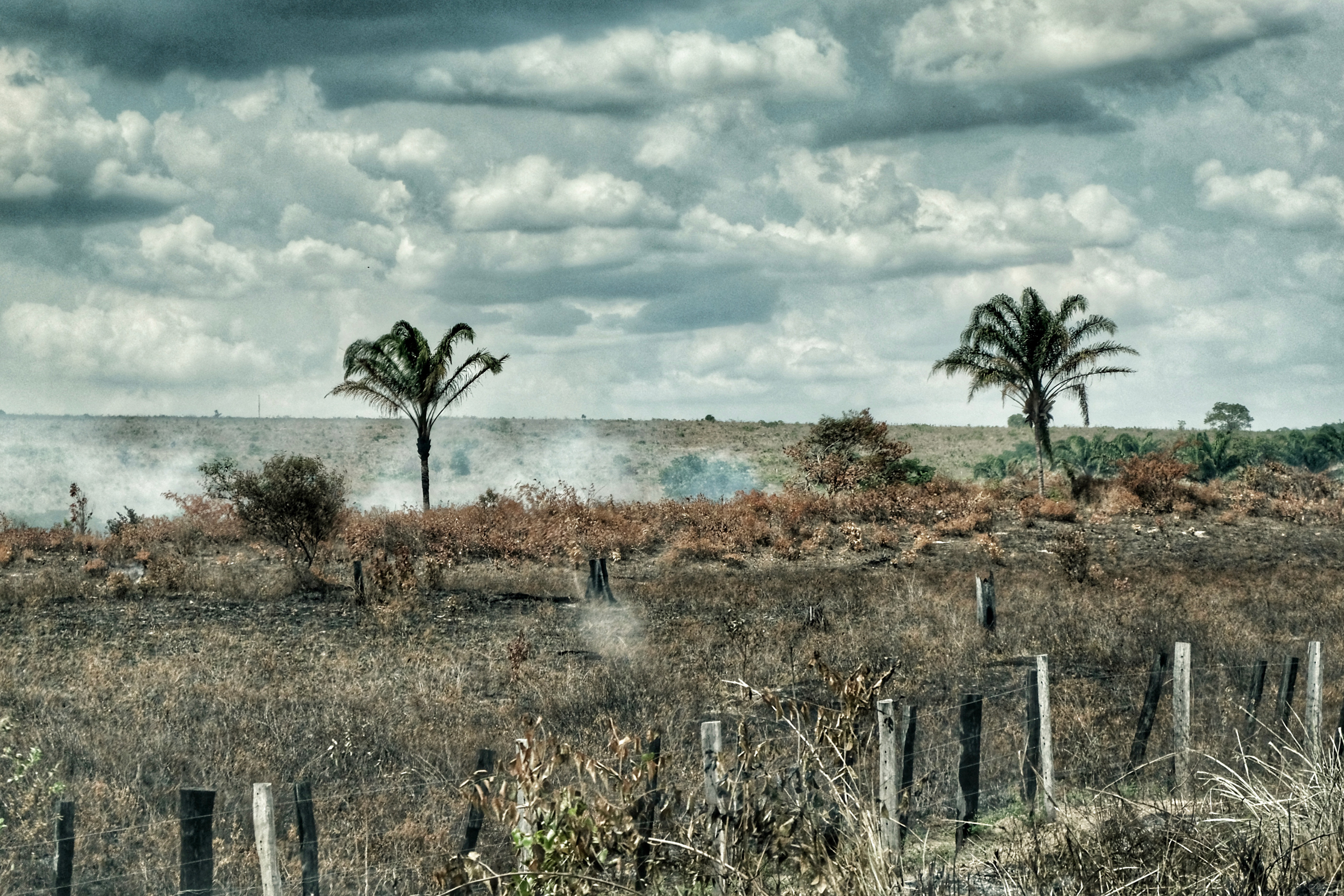
Fires – The Amazon Forest is burning © Anuna De Wever
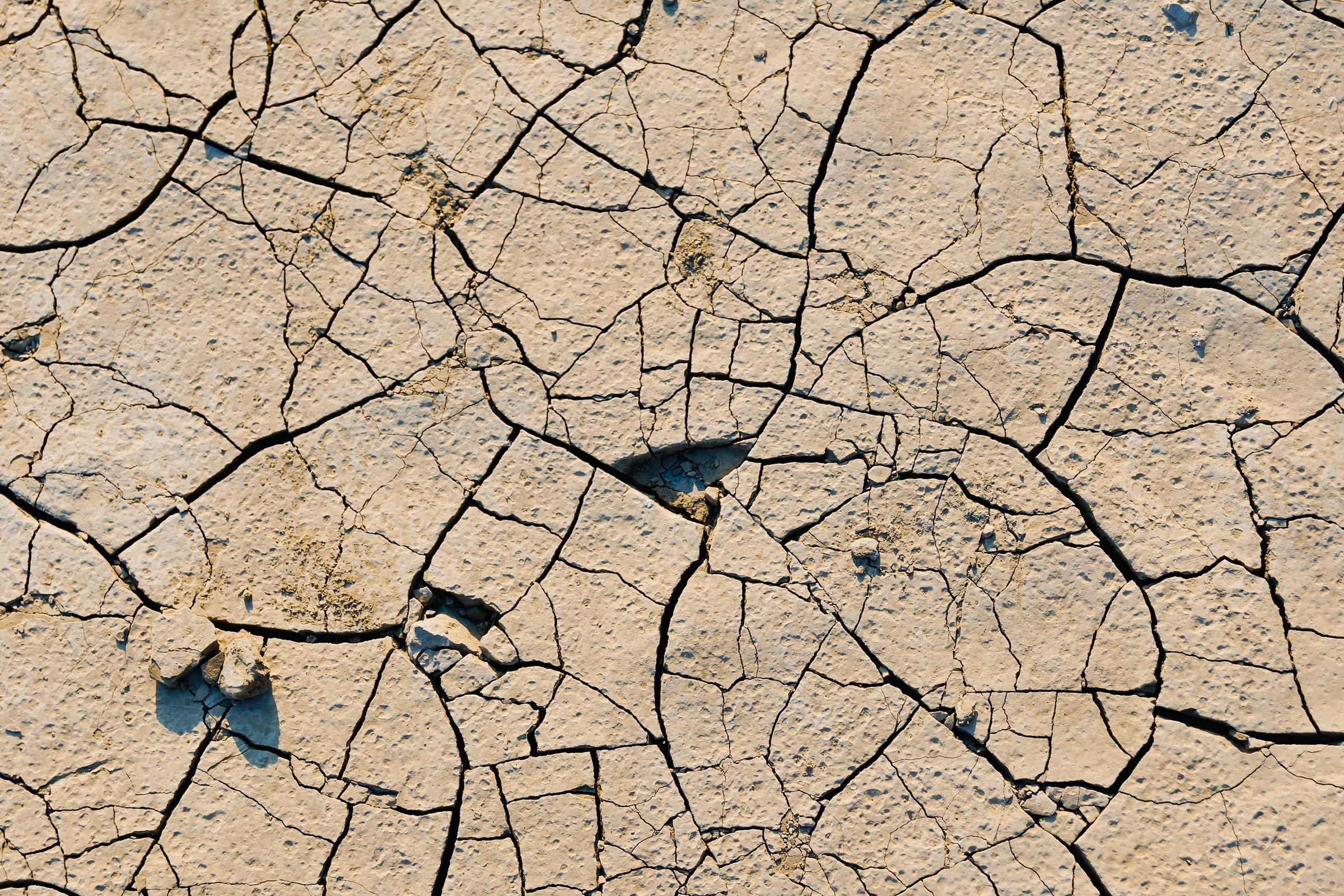
Severe draughts are one of the many negative impacts of climate change – © CC0 Anton Ivanchenko
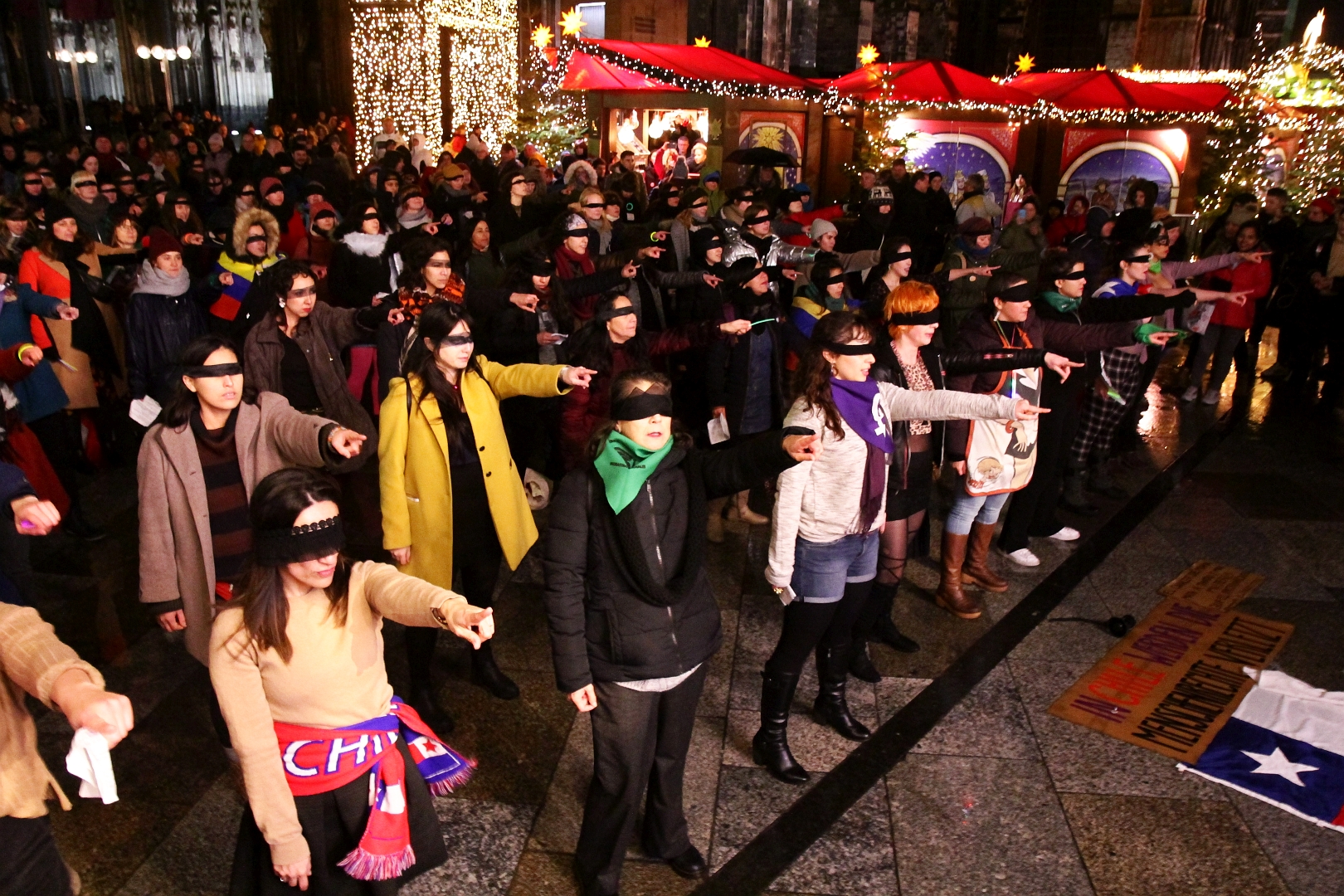
Women in Chile performing a protest song against violence against women. © Jennifer Lost on Flickr CC BY-SA 2.0
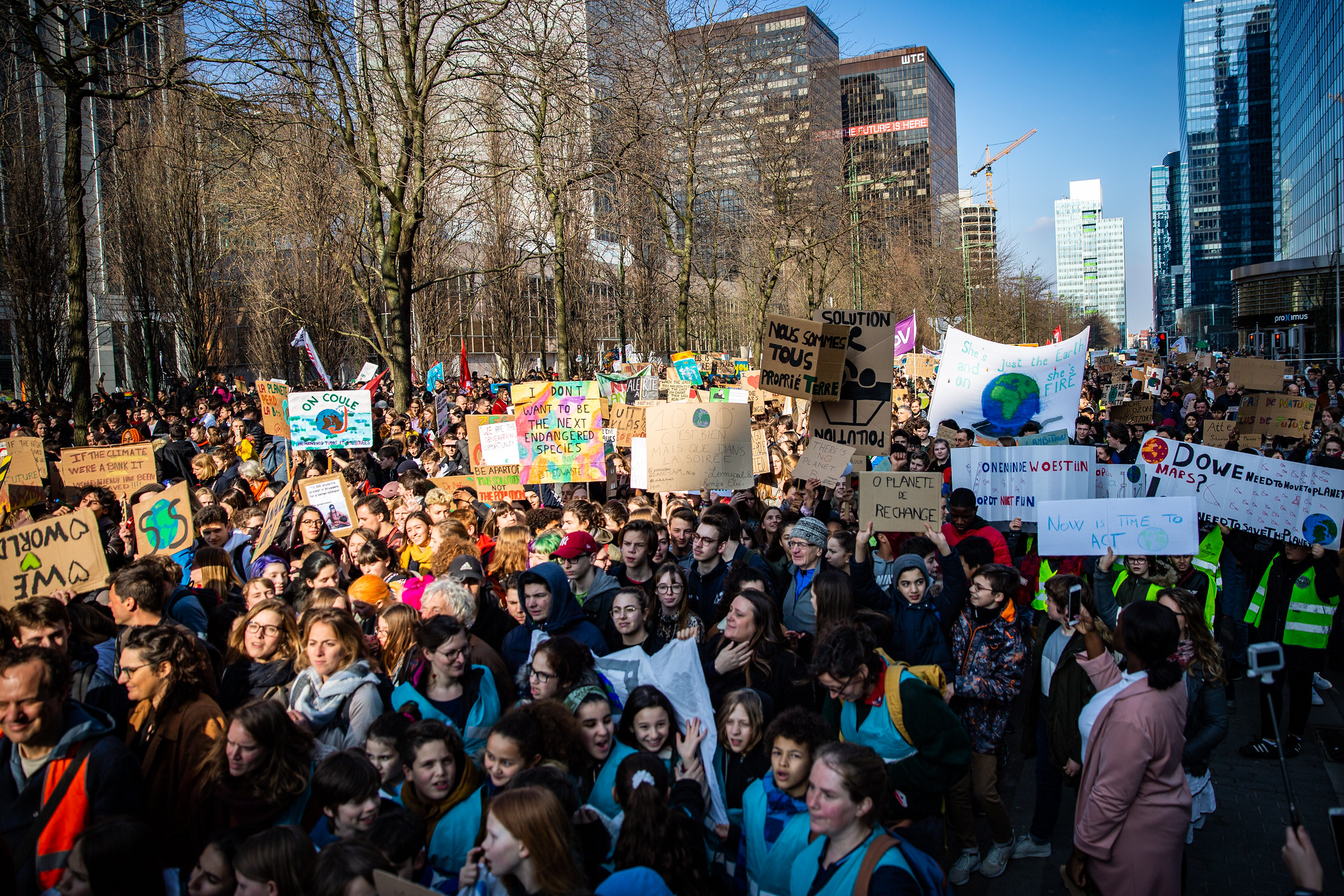
Fridays for Future March for the Climate in Brussels, Feb. 2020. © CC0 JB Pierini

Adélaïde Charlier (left) and Anuna De Wever (right)
We are Adélaïde Charlier and Anuna De Wever, two climate activists that launched the youth for climate movement in Belgium, internationally known as Fridays For Future. We went on strike for weeks and weeks, for more than a year. We worked together with scientists, politicians and activists. We recently sailed to Latin America to attend the CoP in Chile and to understand the threat to the Amazon Rainforest and the Global South facing the direct consequences of climate change.
After this, we felt like it was time for our activism to evolve and for us to get closer to the decision making process at the European level. We started an internship in the Greens/EFA Group in February 2020 and decided to write a regular blog to share information on the preparation of the European Green Deal within the Parliament.
We want to build the bridge between the climate activists in the streets and the politicians in the European Parliament. We would like to offer young activists more information about the internal trade-offs to pressure the right points, and debate with our politicians to show them there are millions of people all around the world ready and waiting for change.